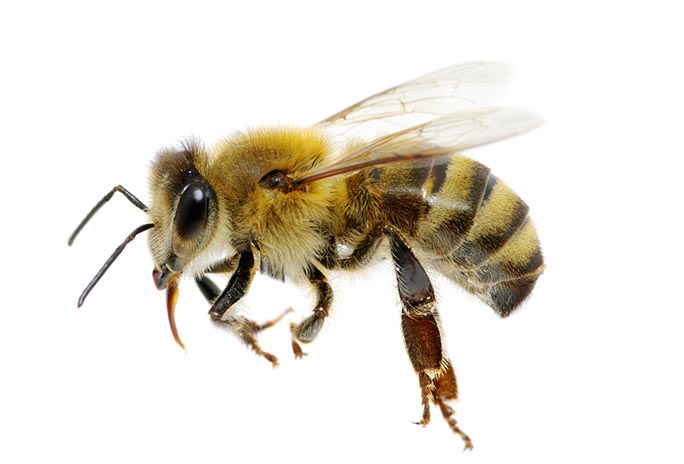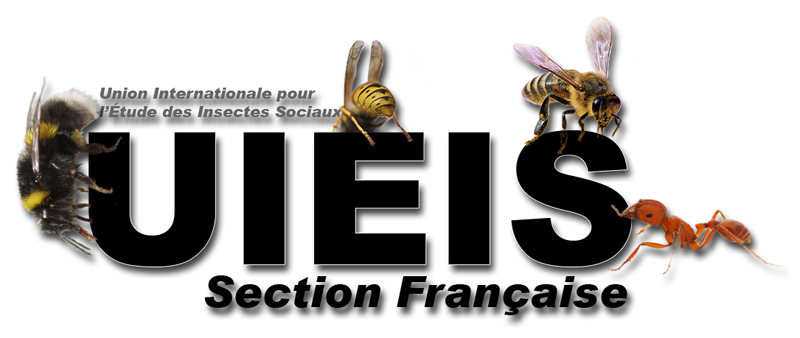
PhD: NUTRIGENOMICS AND THE RESILIENCE OF BEES IN A CHANGING CLIMATE, HULLDeadline for applications: 5 Jan 2022To apply, and for more details: https://panorama-dtp.ac.uk/research/nutrigenomics-and-the-resilience-of-bees-in-a-changing-climate/For details please contact Dr James Gilbert (james.gilbert@hull.ac.uk).Eligibility: UK, EU and International: see further info here: https://panorama-dtp.ac.uk/how-to-apply/Funding: UK (NERC, Competition-funded; CASE partner)A fully funded PhD position is now open for applications at the Universities of Hull and Leeds, UK, via NERC’s Panorama Doctoral Tranining Partnership programme.Bees, our foremost pollinators, are vital for ecosystem stability and global food security – providing pollination services worth hundreds of billions of pounds annually. The UK is home to ~245 species of wild bees which collectively perform more pollination than managed honeybees and bumblebees. Unfortunately, wild bee populations are declining, under pressure from multiple causes – one key factor being nutrition.All bees feed offspring with pollen gathered from the landscape. But human influences such as agricultural intensification are altering nutritional landscapes for bees [3,4], and fundamentally affecting gene expression, growth and reproduction. Most of what we know about bee nutrition comes from studies in social bees like honeybees or bumblebees [5,6], where nutrition influences caste determination, development, pathogen resistance and others. However, the nutritional ecology of other bees, particularly solitary bees, is largely unstudied.Human activity is also changing climates and raising average temperatures. Temperature affects animals’ metabolic rate, physiology, digestion, and nutrient assimilation, as well as gene expression. Dr Gilbert’s recent work [7] has identified the need to store enough carbohydrate and fat to survive the winter as potentially critical for solitary bees’ nutritional ecology. But we know little about how this is regulated, how climate change will affect bees, and how bees will deal with changing nutritional landscapes in a future filled with uncertainty.We are now, for the first time, in a position to understand not just whether but also how different nutritional landscapes and climates affect bees. This exciting cross-institutional project combines field ecology with cutting edge molecular approaches to address a crucial knowledge gap about how bees are being affected by human-altered nutritional landscapes. This project addresses issues relevant for pure ecological science, conservation biology, agriculture and crop science.At Hull, Dr Gilbert’s lab has pioneered rearing protocols for the economically and ecologically important solitary bee, Osmia bicornis. This work is providing an unprecedented window onto bee nutritional ecology. At Leeds, Dr Duncan’s lab uses a variety of cutting-edge molecular tools to understand how bees are influenced by their environment. Dr Duncan has conducted groundbreaking work on how nutrition affects gene expression in developing bees, as well as recent work on the environmental and molecular control of reproduction in O. bicornis. The student will capitalise on this timely opportunity to synthesize the research interests of these two research groups and create collaborative links between institutions. The candidate will be integrated into both lab groups and will benefit from the infrastructure and connections at both universities.Using careful manipulations within controlled laboratory environments, the student will first establish how dietary macronutrients affect the fitness of solitary bee larvae in response to changes in rearing temperature. Then, they will use high-throughput sequencing technology to examine genome-wide expression profiles of larvae receiving different diet and temperature treatments, to understand the molecular and physiological mechanisms underlying bees’ responses to landscape and climate change. Nutritional cues are known to alter gene expression [8], but to date studies have focussed largely on a few genes, and only in honeybees. The student will compare larvae receiving different treatments in (1) choices larvae make about which nutrients to consume, (2) correlates of fitness such as body size and overwinter survival, and (3) expression of growth- versus diapause-related genes.Outcomes: The findings will, firstly, shed light on the optimal nutrition for bees – both currently, and in a warmer future. They will help inform active measures such as wildflower strips to conserve and promote these vital pollinators as the climate changes. Secondly, results will also show the physiological effects of different nutritional landscapes upon bees, now and in the future, allowing us a detailed understanding of the resilience of solitary bees to landscape change in a changing climate. Finally, the results will provide comparisons and contrasts with existing knowledge of social bee gene expression, physiology and nutrigenomics, providing unparalleled insights into bee nutritional ecology.References: 1. Coley P, et al. Oecologia. 2002;133: 62–69.2. Rothman JM, et al. Ecology. 2015;96: 873–878. 3. Naug D. Biol Conserv. 2009;142: 2369–2372. 4. Donkersley P, et al. Ecol Evol. 2014;4: 4195–4206. 5. Paoli PP, et al. Amino Acids. 2014;46: 1449–1458. 6. Helm BR, et al. Biol Open. 2017;6: 872–880. 7. Austin AJ, Gilbert JDJ. Funct. Ecol. 2021;35(5):1069-80.8. Di Pasquale G, et al. PLoS One. 2013;8: e72016.
